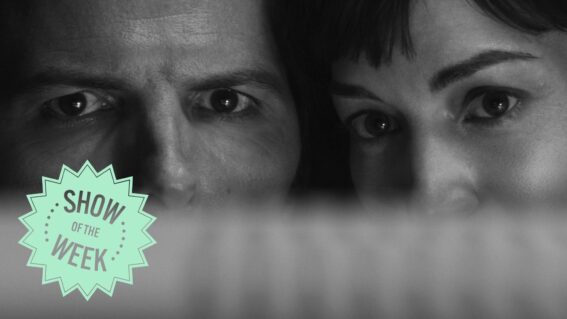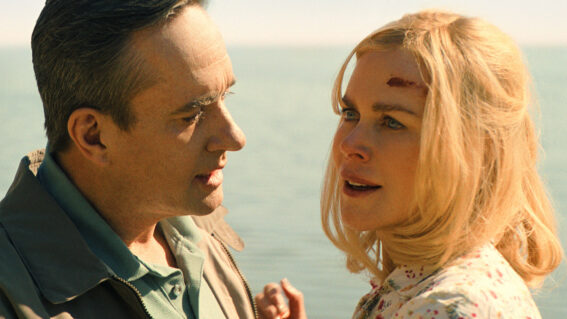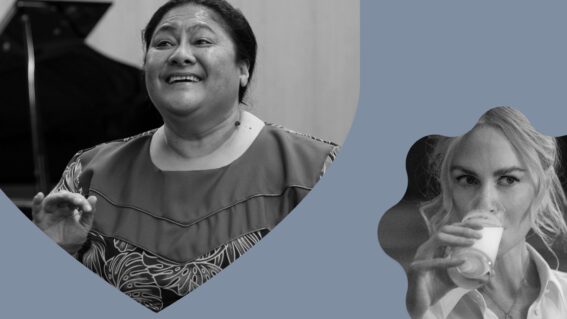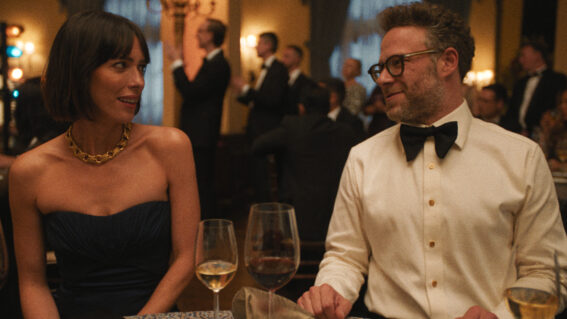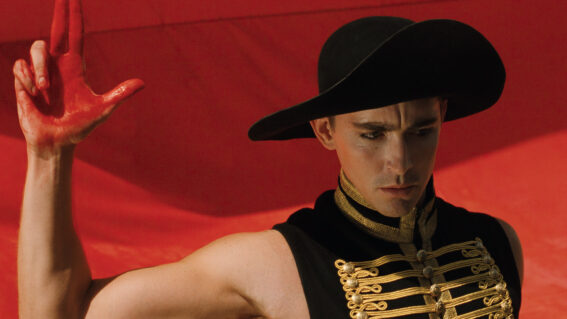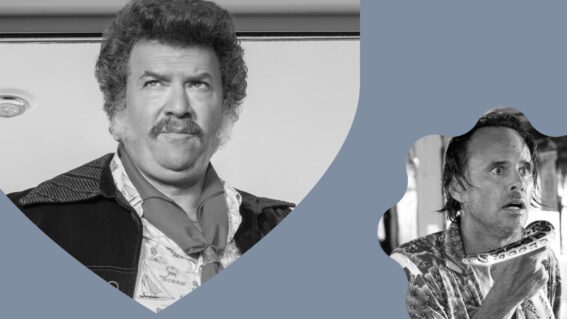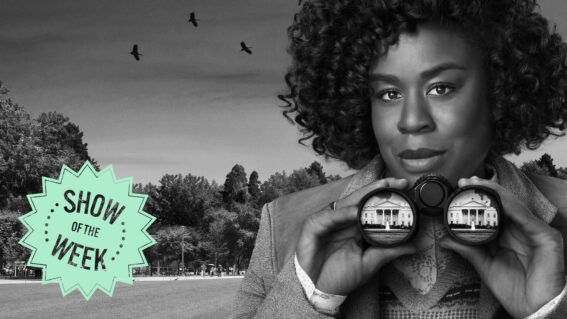Spotlight on Rose Byrne: Physical or passive-aggressive, comedy is her calling

Making her on-screen debut at the age of 15 alongside Sandra Bernhard in the 1994 Australian black comedy Dallas Doll, Rose Byrne has since become Australia’s national treasure.
From starring alongside a young Heath Ledger, to a small role in Sofia Coppola’s Marie Antoinette, the X-Men series and a James Wan thriller, Byrne has demonstrated a wide range in drama, action and horror projects. Yet it is her skills in comedy that have catapulted her into wide-reaching appeal. She approaches every role with seemingly effortless elegance and grace and yes, I have a major crush on her, but that’s neither here nor there.
Now combining the best of both worlds in 80s aerobics dramedy Physical, read on as we look back at just five performances from Byrne’s illustrious career.
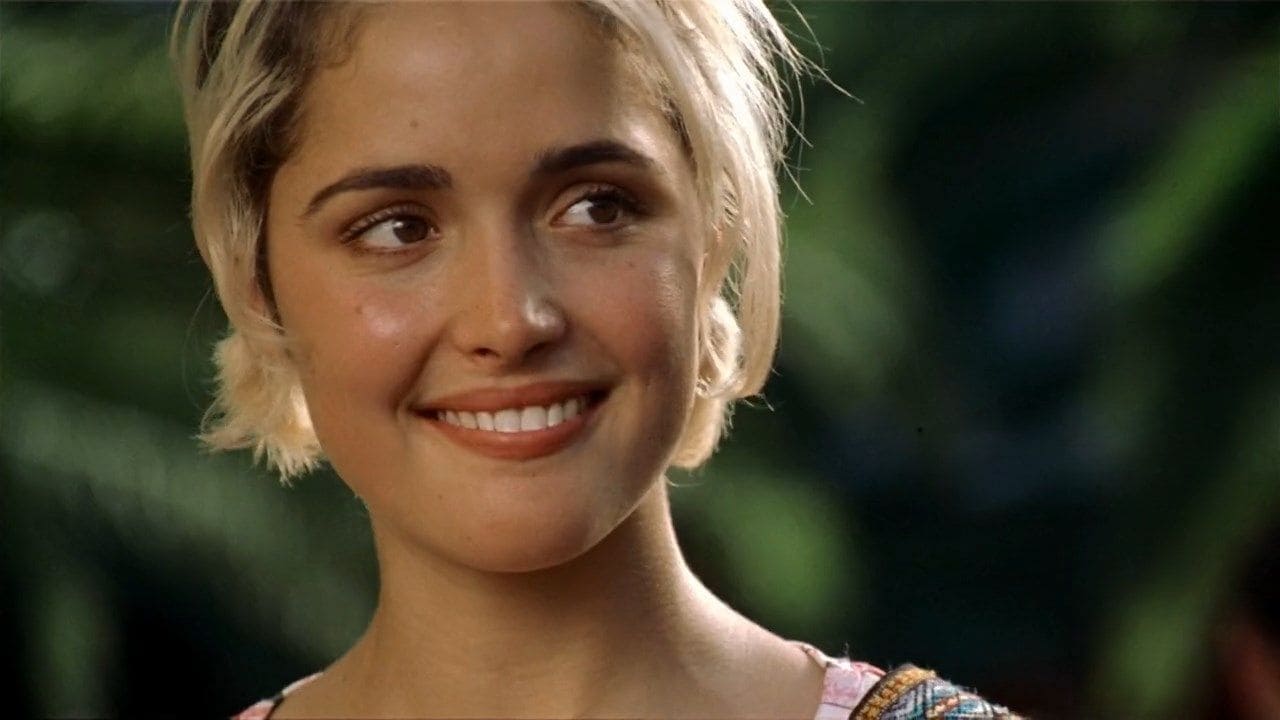
Two Hands (1999)
An Australian classic, Byrne stars alongside a young Heath Ledger as Jimmy, a strip club promoter who gets caught in some trouble with a mob boss named Pando (Bryan Brown). Needing to come into money quickly to save the life of himself and his new love interest Alex (Byrne), Jimmy plans to rob a bank. High on tension as the young stars run around Sydney, Two Hands is a gritty Australian drama that recently became available on streaming, and is well worth the watch.
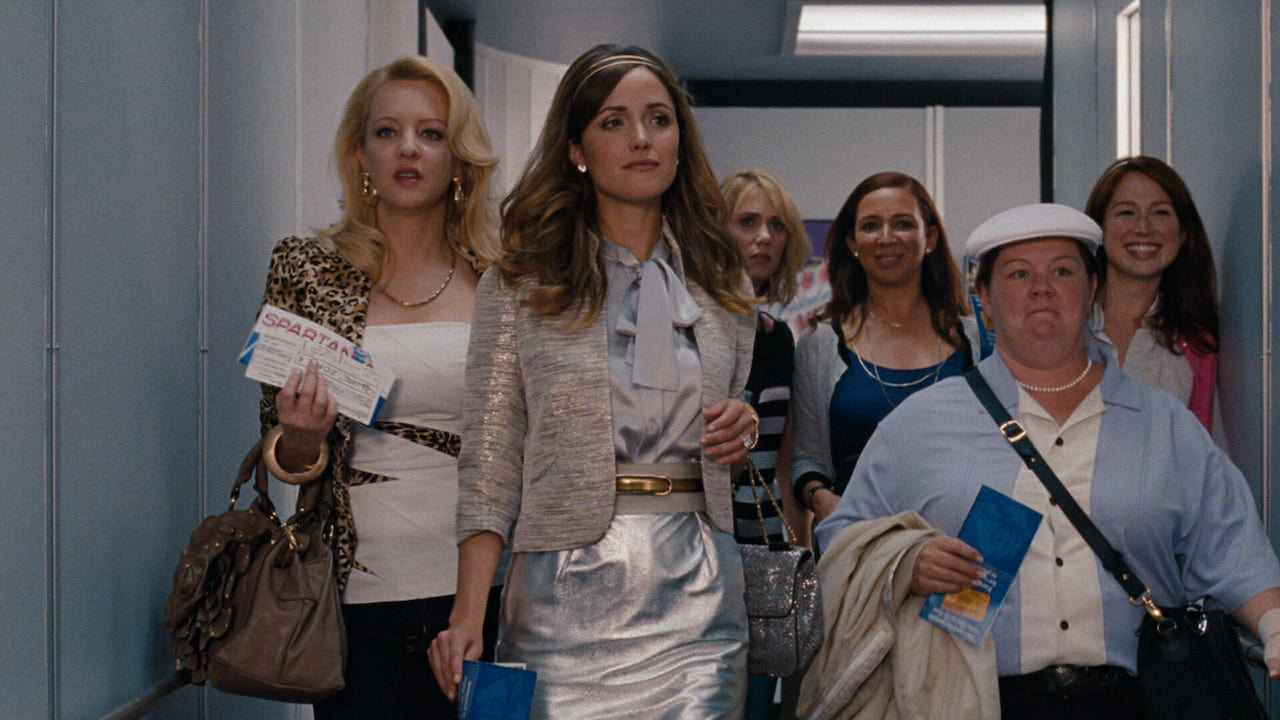
Bridesmaids (2011)
After Two Hands, Byrne had a steady career, working her way through the ranks, but it was her role as the rich, beautiful and incredibly put-together Helen in the Paul Feig comedy Bridesmaids that made her a household name. A new friend of bride-to-be Lillian (Maya Rudolph), her connections, money and poise brings out the jealous streak in maid-of-honour Annie (Kristen Wiig).
As they battle it out to prove they are Lillian’s best friend, comedy veterans Wiig and Byrne match each other in the passive-aggressive politeness that comes from duelling bridesmaids. She’s condescending and patronising, but my god, she’s good.
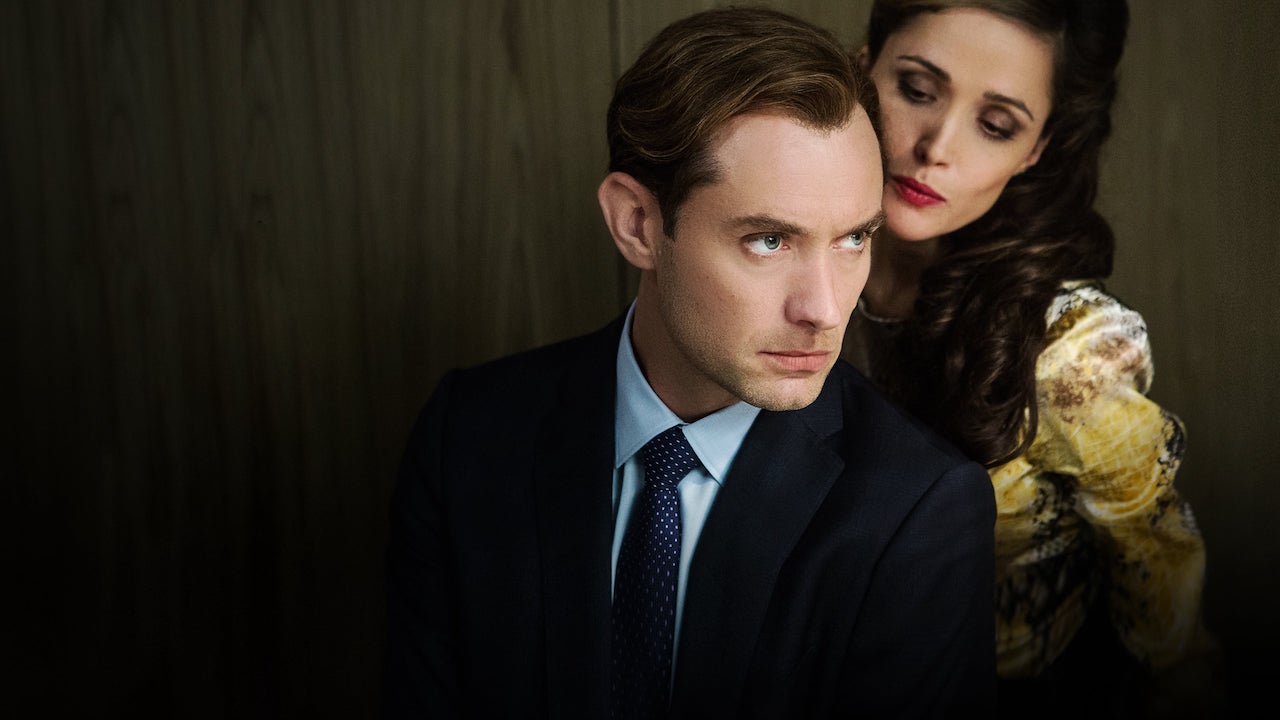
Spy (2015)
After the monumental success of Bridesmaids, which literally changed the game when it comes to women-led studio comedies, everyone wanted to see more of Byrne’s comedic chops. In Spy, Byrne is effortlessly elegant with New Jersey housewife hair, as Rayna Boyanov, daughter of an arms dealer. Cunning, haughty and easily bored, she effortlessly adopts the role of the spy comedy villainess who unwittingly takes in undercover CIA agent Susan Cooper (Melissa McCarthy) as part of her security detail.
Often paired alongside vivacious comedians such as Seth Rogen (Bad Neighbours 1 & 2), Tiffany Haddish (Like a Boss) and McCarthy, Byrne holds her own with a more subdued style of comedy. It’s a delicate balance of power, which proves that comedy is an artform, but Byrne nails it.
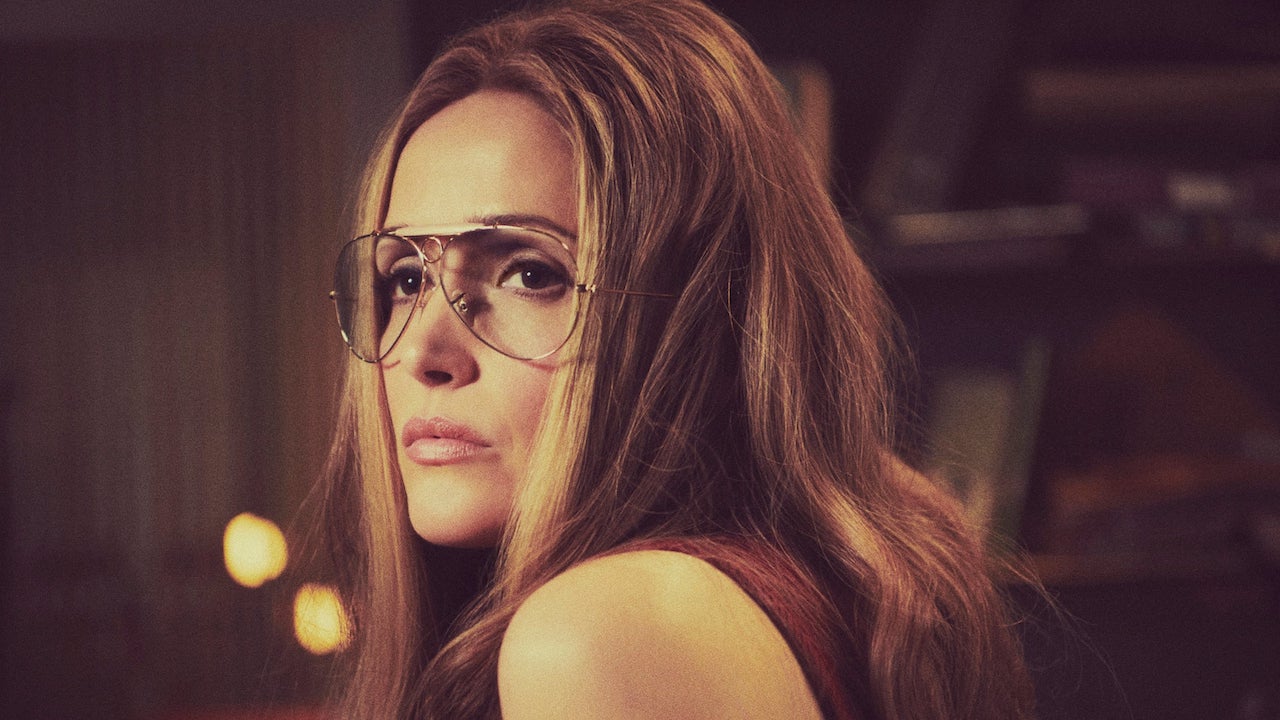
Mrs. America (2020)
When I think about Byrne’s portrayal of feminist Gloria Steinem in the period miniseries Mrs. America, I do not mean to set back the feminist movement when I say my first thought is: “wow, she is so cool and hot”. Steinem’s political savvy and Byrne’s charismatic embodiment of the leader is of course a major part of the appeal.
Mrs. America follows a number of second-wave feminist leaders in the fight to ratify the Equal Rights Amendment, depicting the very real tensions within the Women’s Caucus. Steinem was known for her looks, and as the editor-in-chief of Ms. Magazine, accused of wanting to profit off the movement. However, Steinem was a prominent actor in fighting for abortion rights and equal pay. Like Steinem, Byrne is brilliant at what she does, and her performance is restrained but full of warmth, respect, wit, and vulnerability. I honestly cannot take my eyes off her.
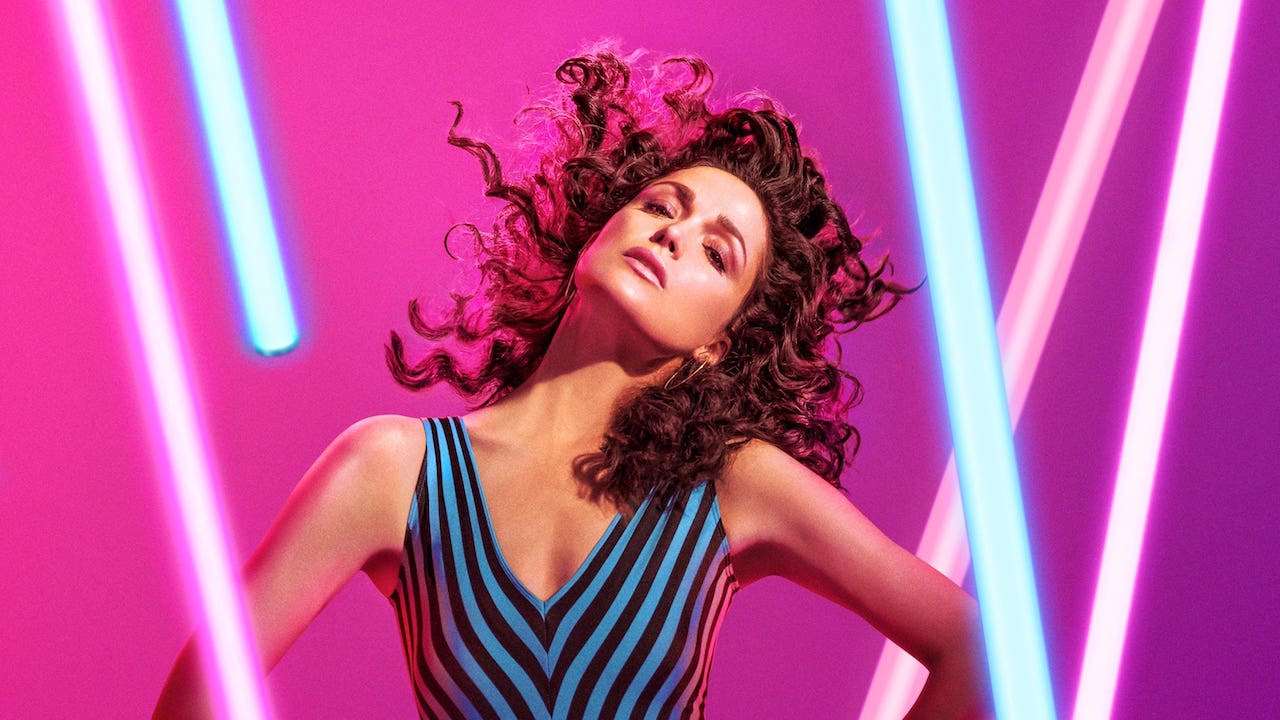
Physical (2021—)
Set in the early 80s on the cusp of the VHS boom, Byrne stars as Sheila, a San Diego housewife battling her own inner demons: living a listless life as her once-radical-turned-college-professor husband continually ignores her. With her bulimia quickly spiralling after her ballet class is cancelled, Sheila discovers the shiny-leotard world of aerobics. Byrne levels the show with a vicious internal monologue delivered as a voice-over, serving harsh barbs to everyone she meets—but not as harsh as she criticises herself.
Byrne’s performance is intense but captivating. With a duelling demeanour between who Sheila portrays to the world versus the inner-workings of her mind, it’s a darker role than we’ve seen from the sweet and funny Byrne before, but she pulls it off. After years as a compelling supporting character, it’s about time she receives the lead star treatment.











